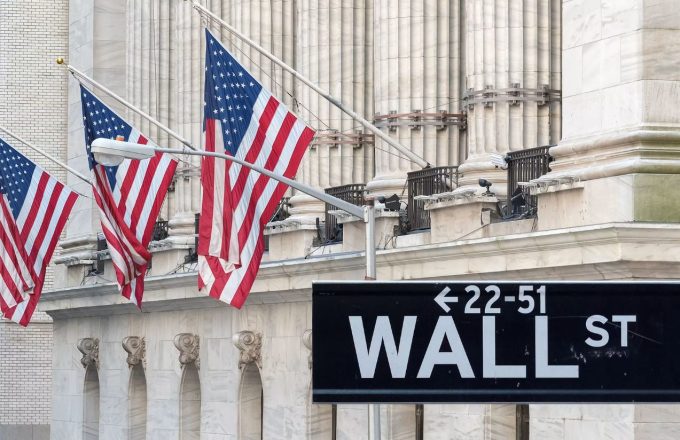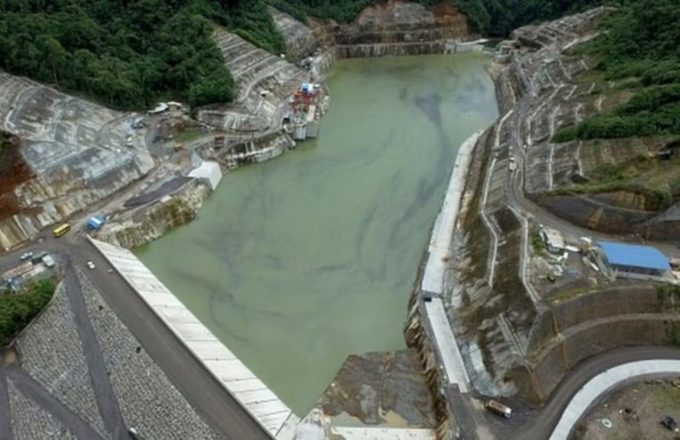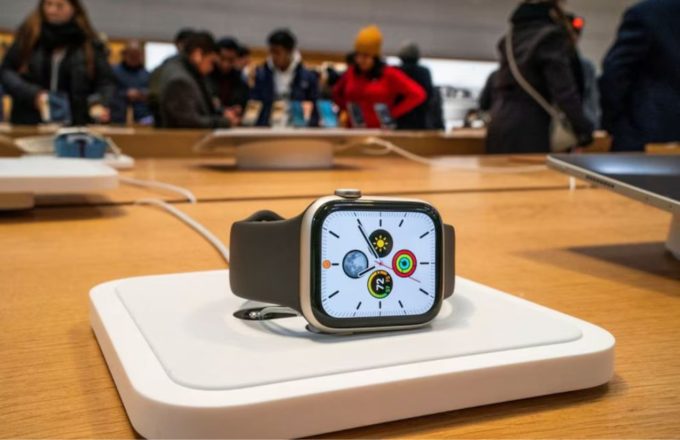Amazon is preparing its employees for a future work environment reshaped by artificial intelligence (AI). In a blog post — which was also shared internally — the company’s CEO, Andy Jassy, stated that the rise of generative AI will allow the company to operate with a smaller staff.
“As we adopt more generative AI tools and agents, the way we work will change. Some current roles will require fewer people, while new roles will emerge that require more,” Jassy explained.
While he acknowledged that it’s difficult to predict the exact balance between job reduction and creation, the CEO forecast a decline in Amazon’s overall corporate workforce over the coming years, driven by efficiency gains from widespread AI implementation across the company.
Jassy emphasized that the impact won’t be limited to Amazon alone. AI, he said, will deeply transform how “everyone works and lives.” He envisioned a future with “billions” of AI agents deployed across companies in every imaginable sector. Still, much of this remains speculative. “Many of these agents haven’t been built yet, but make no mistake — they’re coming, and fast,” he warned.
He encouraged employees to view AI as an ally — a kind of “teammate” that can assist at various stages of their work and become increasingly effective with more experience.
Jassy’s message joins a growing chorus of voices in the tech industry sounding alarms over the impact of AI on office jobs. In May, Dario Amodei, CEO of AI startup Anthropic, told CNN that the technology could trigger a wave of unemployment sooner than governments and companies are prepared for. He told Axios that tools like those his company is developing could eliminate up to half of all entry-level office jobs and push unemployment as high as 20% within one to five years.
However, critics argue that such warnings lack solid research and often come from those who stand to gain the most from rapid AI adoption.




















